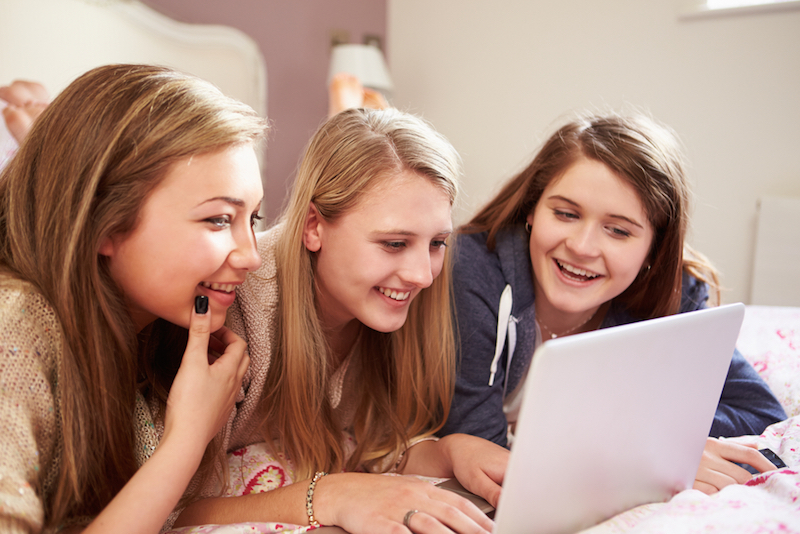Social Media Use in Teens Linked to Poor Sleep, Anxiety

Get the world’s most fascinating discoveries delivered straight to your inbox.
You are now subscribed
Your newsletter sign-up was successful
Want to add more newsletters?
Join the club
Get full access to premium articles, exclusive features and a growing list of member rewards.
The pressure to be available 24/7 on social media may lead to poorer sleep quality as well as an increased risk of depression and anxiety in teens, according to a new study.
In the study, researchers asked 467 teenagers ages 11 to 17 about their use of social media during the day and at night. In other tests, they examined the teens' sleep quality, self-esteem, anxiety and depression. They also looked at whether and to what extent the kids felt the pressure to be available on social media all the time.
The researchers found that using social media at any point was significantly related to decreased sleep quality, lower self-esteem, increased anxiety and depression levels in the study participants.
However, when it comes to sleep quality, "those who log on at night appear to be particularly affected," study author Heather Cleland Woods, of the University of Glasgow in Scotland, said in a statement.
The teenage years can be a time of increased vulnerability to depression and anxiety, and sleeping poorly may contribute to the risk of these conditions, Cleland Woods said. Also, research is increasingly suggesting that there is a link between the use of social media and overall feelings of well-being, particularly in adolescents, she added. [8 Tips for Parents of Teens with Depression]
For example, research presented at the American Psychological Association meeting in 2011 found a link between the use of social media in teens and traits linked to schizophrenia and depression. In another study, published this year in the journal Cyberpsychology, Behavior, and Social Networking, frequent social media use in teens was tied to an increased risk of poor mental health.
"Since adolescence is a vulnerable period for development of long-term issues, it is essential that we understand how adolescents’ social media use relates to" factors like sleep quality and the risk of depression, the researchers wrote in the new study.
Get the world’s most fascinating discoveries delivered straight to your inbox.
Cleland Woods suggested that families use what she calls a "digital sunset," to minimize the potential negative effects of social media use on sleep and feelings of well-being. "Turn off the devices and the blue light, stop checking emails and social media, and allow yourself time to finish your day," she said. "Sleep is important, so put your phone away."
Still, Cleland Woods stressed that the use of social media itself is not a negative activity. "We all do it," she told Live Science. "However, we need to think about how and when we are online."
The new findings were presented today (Sep. 11) at the BPS Developmental and Social Psychology Section annual conference in England.
Follow Agata Blaszczak-Boxe on Twitter. Follow Live Science @livescience, Facebook & Google+. Originally published on Live Science.
 Live Science Plus
Live Science Plus










